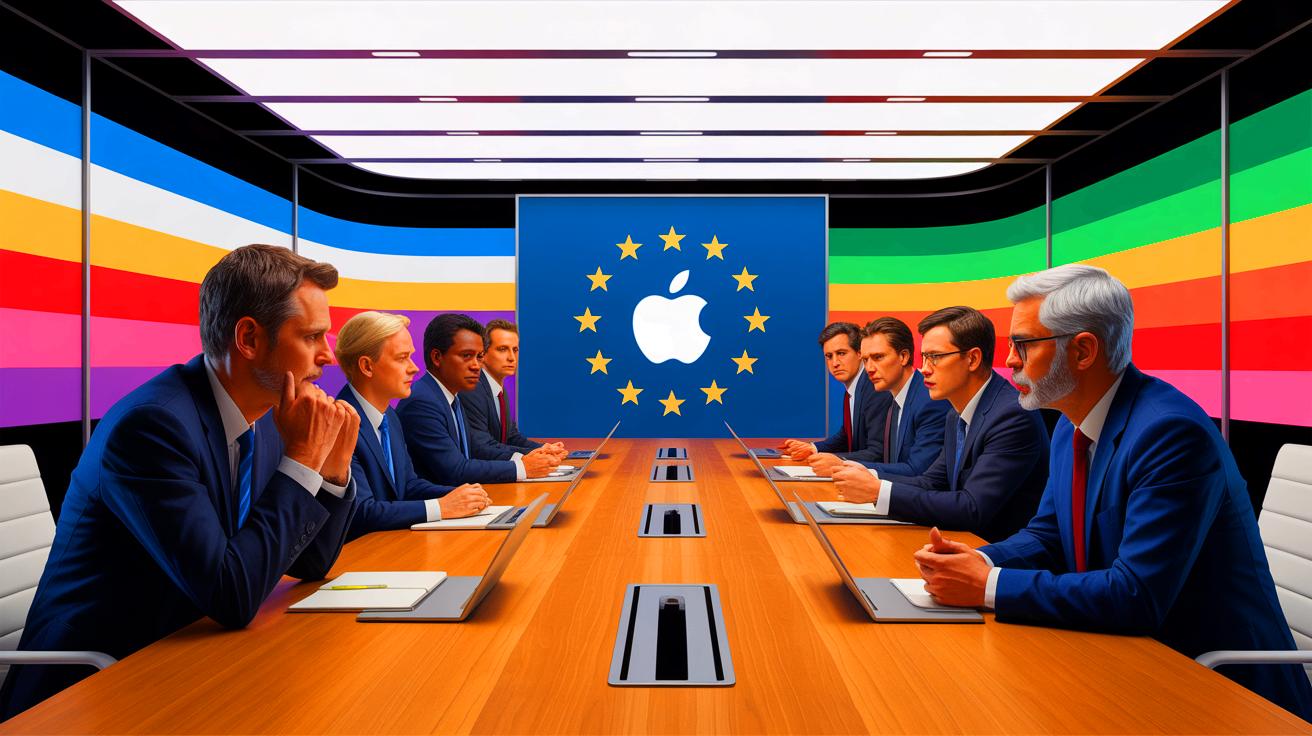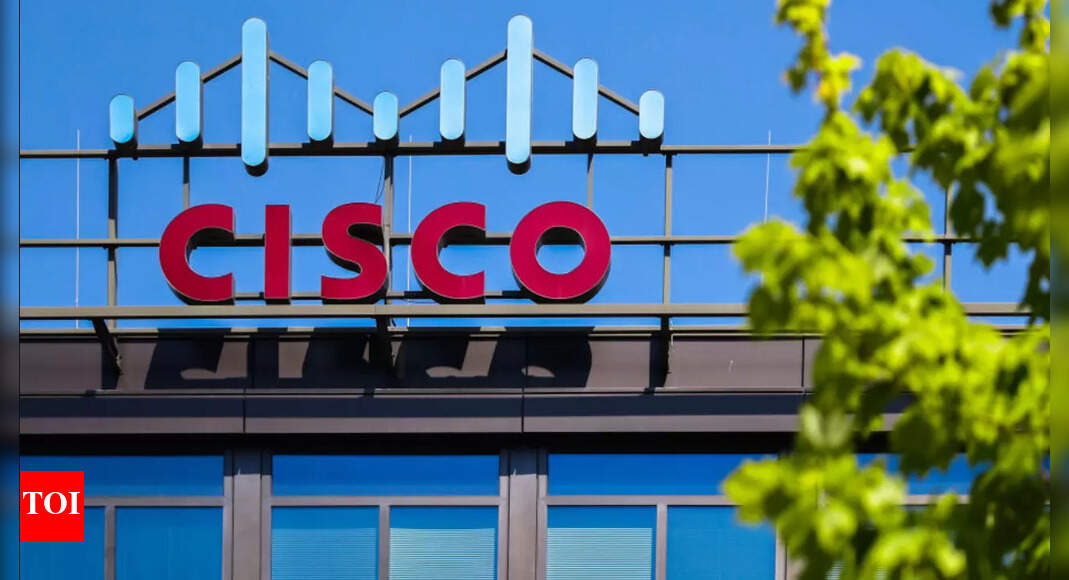| IN A NUTSHELL |
|
In recent years, the relationship between Apple and the European Union has been under increasing strain. The Digital Markets Act (DMA), a regulatory framework aimed at curbing the power of major tech companies, has been a particular point of contention. Apple, a leader in innovation and technology, has found itself at odds with certain European policies that it perceives as punitive. These regulations challenge the very essence of Apple’s products without acknowledging the technological advancements involved. As a result, Apple has decided to take a firmer stance in its communications with Europe, preparing to intensify discussions around these issues in the coming months.
Understanding the Impact of the Digital Markets Act on Apple
The Digital Markets Act was introduced as a means to foster competition and ensure fair practices among digital platforms. However, Apple argues that the DMA targets its core products without fully considering the technological framework they operate within. One major area of concern is the requirement for Apple to decrypt data for sharing with competitors. This demand, according to Apple, compromises the security and privacy of its users, which are fundamental to its brand ethos. Despite its efforts to comply with these regulations, Apple perceives a need to adopt a more assertive approach to protect its interests and those of its users in Europe.
Apple’s compliance with European demands, although often reluctant, underscores its commitment to operating within legal frameworks. However, the tech giant is now contemplating how to balance regulatory adherence with safeguarding its technological integrity. This tension highlights the broader challenge of aligning innovative tech developments with evolving regulatory landscapes. As Apple prepares to intensify its communications on European issues, the tech industry watches closely, anticipating the potential ramifications for other global tech companies.

Apple Explains Why iPhone Mirroring is Blocked in Europe
In September 2024, Apple introduced iPhone Mirroring, a highly anticipated feature for its multiplatform users. This application allows users to control their iPhone from a Mac and to receive notifications seamlessly across devices. Surprisingly, this service remains unavailable in the European Union. The reasons for this blockage are rooted in the regulatory challenges Apple faces under the DMA. Despite the rollout of iOS 26 in 2025, iPhone Mirroring, along with several other features such as Live Activities on Mac, will remain inaccessible in Europe.
The absence of these functionalities in the EU is a significant concern for European users who feel left behind in terms of technological advancements. Apple’s decision to withhold these services highlights the complexities of navigating regulatory environments that differ significantly from its home market. The restrictions on iPhone Mirroring underscore the broader debate on how companies like Apple can innovate while remaining compliant with diverse legal frameworks. As Apple continues to negotiate these challenges, it remains to be seen how it will adapt its offerings to align with European regulations without compromising its innovative edge.

The Broader Implications of Regulatory Compliance for Tech Giants
Apple’s struggle with the Digital Markets Act is emblematic of a larger issue faced by many tech giants operating internationally. As regulations become more stringent, companies must find ways to innovate while adhering to local laws. This balance is particularly challenging when regulatory frameworks do not align with the fast-paced nature of technological advancements. For Apple, the challenge is to protect its cutting-edge innovations while meeting compliance requirements that may not fully understand or appreciate these advancements.
The situation in Europe serves as a critical case study for other regions considering similar regulations. It highlights the need for a collaborative approach between regulators and tech companies to ensure that regulations foster competition without stifling innovation. As Apple navigates these challenges, it sets a precedent for how tech companies might engage with regulatory bodies in the future. This ongoing dialogue will be crucial in shaping the future landscape of global technology regulation.

What’s Next for Apple’s European Strategy?
As Apple gears up to intensify its communications on European regulatory challenges, the tech world is keenly observing its next moves. The tensions between compliance and innovation are at the heart of its strategy, as Apple seeks to protect its brand integrity while adapting to regulatory demands. The company’s approach in the coming months will have significant implications, not just for Apple, but for the tech industry as a whole.
The question remains: How will Apple balance its innovative ambitions with the regulatory expectations of a diverse global market? This ongoing struggle between innovation and regulation poses a fundamental question about the future of technology and its place in a rapidly changing world. As Apple continues to navigate these complex dynamics, the outcome will undoubtedly influence the strategies of other tech giants facing similar challenges. Could this be the beginning of a new era of tech-regulatory relationships?
Our author used artificial intelligence to enhance this article.
Did you like it? 4.5/5 (24)





